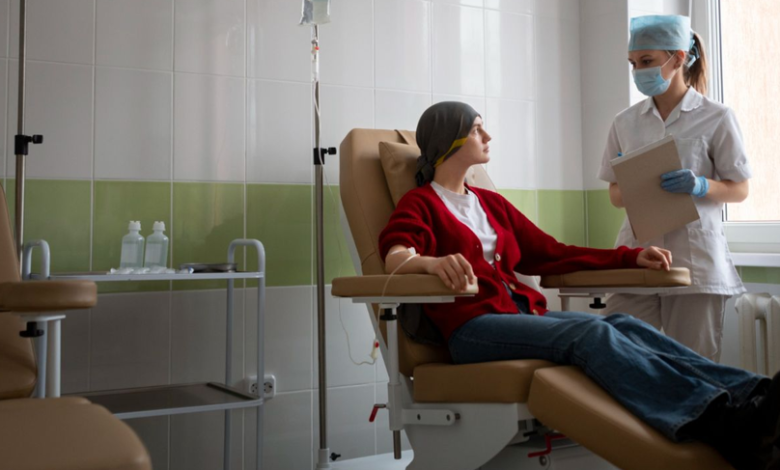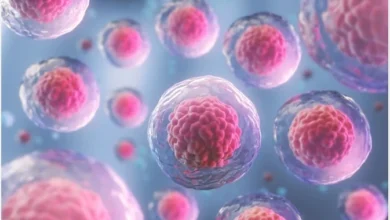Why Ovarian Cancer Often Returns and How Experts Are Responding

Ovarian cancer is one of the most challenging cancers to treat, not only because it is often diagnosed at a late stage but also because of its high rate of recurrence. According to a report from pafikutaikab.org even after successful initial treatment, many patients experience a relapse, making long-term management difficult. Experts say tackling recurrence remains the biggest hurdle in improving survival rates for ovarian cancer patients.
Why Recurrence Is Common
Unlike some cancers that respond well to first-line treatments, ovarian cancer tends to return within a few years. Studies show that up to 70 percent of patients diagnosed with advanced ovarian cancer will face a relapse despite surgery and chemotherapy.
According to Dr. Lestari Hadi, an oncologist, the reason lies in the biology of the disease. “Ovarian cancer cells are often aggressive and resistant to treatment. Even after visible tumors are removed, microscopic cancer cells can remain in the body and eventually grow back,” she explained.
Another factor is the lack of reliable early detection tools. Ovarian cancer symptoms—such as bloating, abdominal pain, or fatigue—are often vague and dismissed as minor health issues. As a result, most cases are diagnosed at stage III or IV, when the disease is already widespread.
The Emotional Toll on Patients
For patients and their families, recurrence can be devastating. After enduring surgery and months of chemotherapy, many expect the cancer to be gone for good. The return of the disease not only brings physical challenges but also deep psychological stress.
“Recurrence often feels like starting over,” said Dr. Lestari. “Patients may lose confidence in treatment, feel hopeless, or face financial burdens from ongoing medical care.”
How Experts Are Responding
Medical researchers are working on multiple strategies to address recurrence, focusing on treatments that can prolong remission and improve quality of life.
- Targeted Therapy
Drugs such as PARP inhibitors have shown promise in slowing disease progression, particularly for patients with BRCA gene mutations. These therapies work by preventing cancer cells from repairing themselves, making them more vulnerable to treatment. - Immunotherapy
Clinical trials are exploring the use of immunotherapy, which harnesses the body’s own immune system to recognize and attack cancer cells. Although results are still early, experts believe this could be a breakthrough for hard-to-treat ovarian cancers. - Maintenance Therapy
Instead of stopping treatment after chemotherapy, doctors now recommend ongoing maintenance therapy for some patients to delay recurrence. - Improved Monitoring
Advances in blood tests and imaging technologies are being developed to detect recurrence earlier, giving doctors a chance to act before the disease progresses.
See also: Navigating the Complex World of Teen Mental Health
Living With Recurrence
While new treatments bring hope, doctors emphasize that recurrence does not mean the end of the road. Many patients live for years with recurrent ovarian cancer by combining therapies and supportive care.
“Managing recurrence is about balancing aggressive treatment with maintaining quality of life,” Dr. Lestari said. “Our goal is to help patients live longer, fuller lives, even if the cancer returns.”
Ovarian cancer remains a formidable opponent, with recurrence posing one of the biggest challenges in treatment. But with ongoing research into targeted drugs, immunotherapy, and better detection methods, experts are optimistic about the future.
For now, the fight continues—both in hospitals and research labs—driven by the determination to turn ovarian cancer from a deadly disease into a manageable condition.





